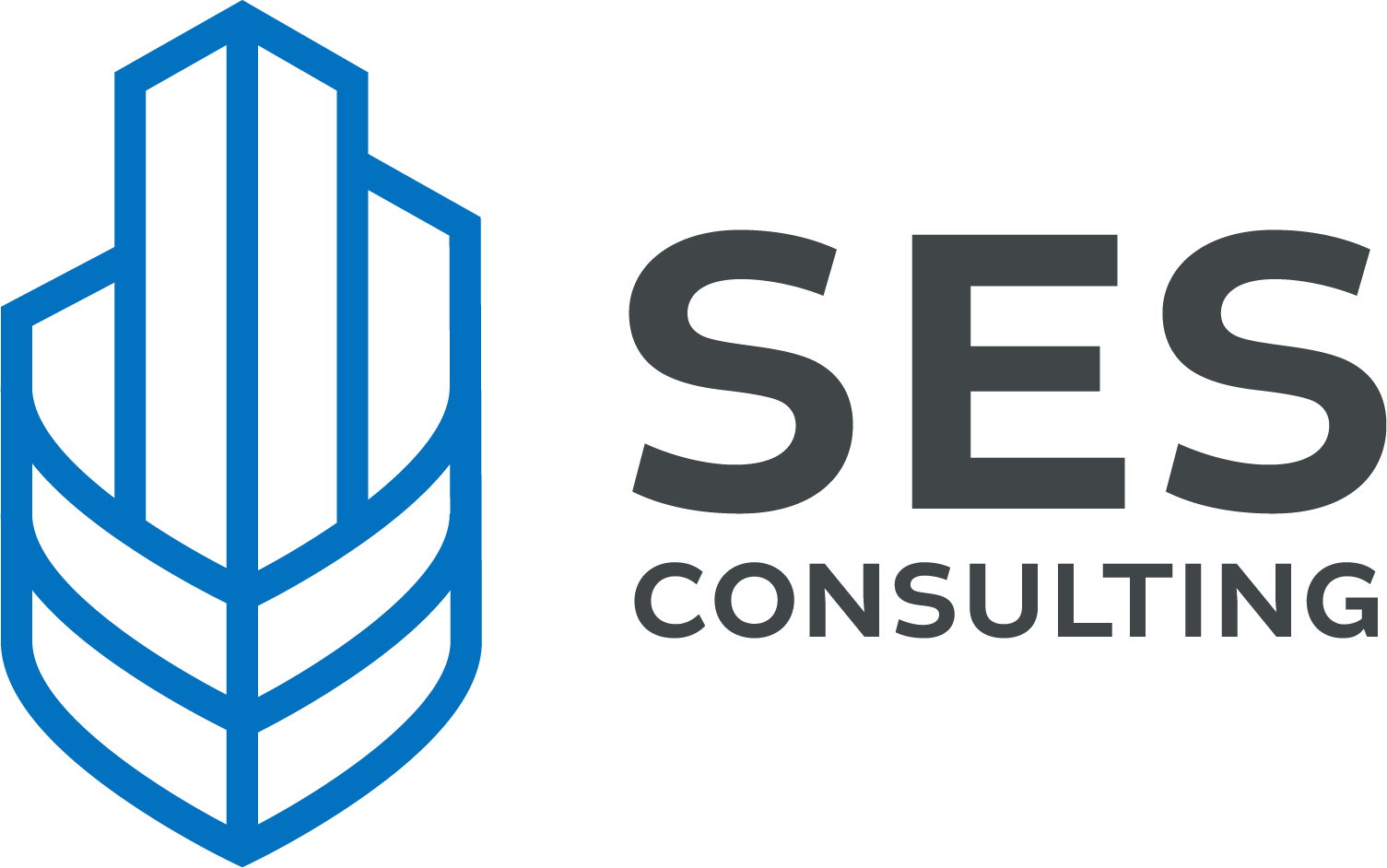

SES Consulting

British Columbia, Canada
April 2013
Engineering
Service with Minor Environmental Footprint
Canada
SES leverages its expertise in mechanical engineering, smart building systems, and project management to reduce carbon emissions in existing buildings. We provide a comprehensive range of services to cover the entire project lifecycle—from the initial study through design, project management, commiss SES specializes in optimizing existing buildings using automation (direct digital controls) and leading edge efficient technologies and provides a full suite of energy efficiency services including:Energy AuditingBuilding Optimization / Re-commissioningDDC Design and OptimizationProject ManagementMonitoring and VerificationEngagement, Education and Social Marketing for OccupantsCoaching and Training for Operations StaffGreen Building Certification (LEED) In addition to helping their clients reduce their energy footprint, SES continually seeks ways to demonstrate their commitment to sustainability. Each year they donate 10% of their profits to charities whose missions are aligned with sustainability, they purchase 100% of their annual electricity usage from EcoLogo-certified green generation facilities through bullfrog power, and they have a number of sustainable office initiatives including paper-free filing systems, and incentivized sustainable transportation options for staff.
Overall B Impact Score
Governance 14.8
Governance evaluates a company's overall mission, engagement around its social/environmental impact, ethics, and transparency. This section also evaluates the ability of a company to protect their mission and formally consider stakeholders in decision making through their corporate structure (e.g. benefit corporation) or corporate governing documents.
What is this? A company with an Impact Business Model is intentionally designed to create a specific positive outcome for one of its stakeholders - such as workers, community, environment, or customers.
Workers 35.1
Workers evaluates a company’s contributions to its employees’ financial security, health & safety, wellness, career development, and engagement & satisfaction. In addition, this section recognizes business models designed to benefit workers, such as companies that are at least 40% owned by non-executive employees and those that have workforce development programs to support individuals with barriers to employment.
Community 23.4
Community evaluates a company’s engagement with and impact on the communities in which it operates, hires from, and sources from. Topics include diversity, equity & inclusion, economic impact, civic engagement, charitable giving, and supply chain management. In addition, this section recognizes business models that are designed to address specific community-oriented problems, such as poverty alleviation through fair trade sourcing or distribution via microenterprises, producer cooperative models, locally focused economic development, and formal charitable giving commitments.
Environment 38.6
Environment evaluates a company’s overall environmental management practices as well as its impact on the air, climate, water, land, and biodiversity. This includes the direct impact of a company’s operations and, when applicable its supply chain and distribution channels. This section also recognizes companies with environmentally innovative production processes and those that sell products or services that have a positive environmental impact. Some examples might include products and services that create renewable energy, reduce consumption or waste, conserve land or wildlife, provide less toxic alternatives to the market, or educate people about environmental problems.
What is this? A company with an Impact Business Model is intentionally designed to create a specific positive outcome for one of its stakeholders - such as workers, community, environment, or customers.
Customers 3.1
Customers evaluates a company’s stewardship of its customers through the quality of its products and services, ethical marketing, data privacy and security, and feedback channels. In addition, this section recognizes products or services that are designed to address a particular social problem for or through its customers, such as health or educational products, arts & media products, serving underserved customers/clients, and services that improve the social impact of other businesses or organizations.